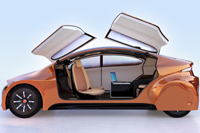Research objectives
- Understand the implications of long-term transformations in societies, such as population dynamics and changes in norms and values, for everyday travel;
- Examine how the use and design of transport systems reflect and shape social and economic inequalities;
- Explore the links of transport system use with social relations and identities;
- Make active contributions to transport related policies, community actions and other initiatives that redress inequalities and empower disadvantaged groups and communities.
Current research projects
The mapping road safety challenges to independent mobility for children with SEND (Safe-SEND) project aims to promote children with SEND’s road safety and support them as they transition to independent mobility.
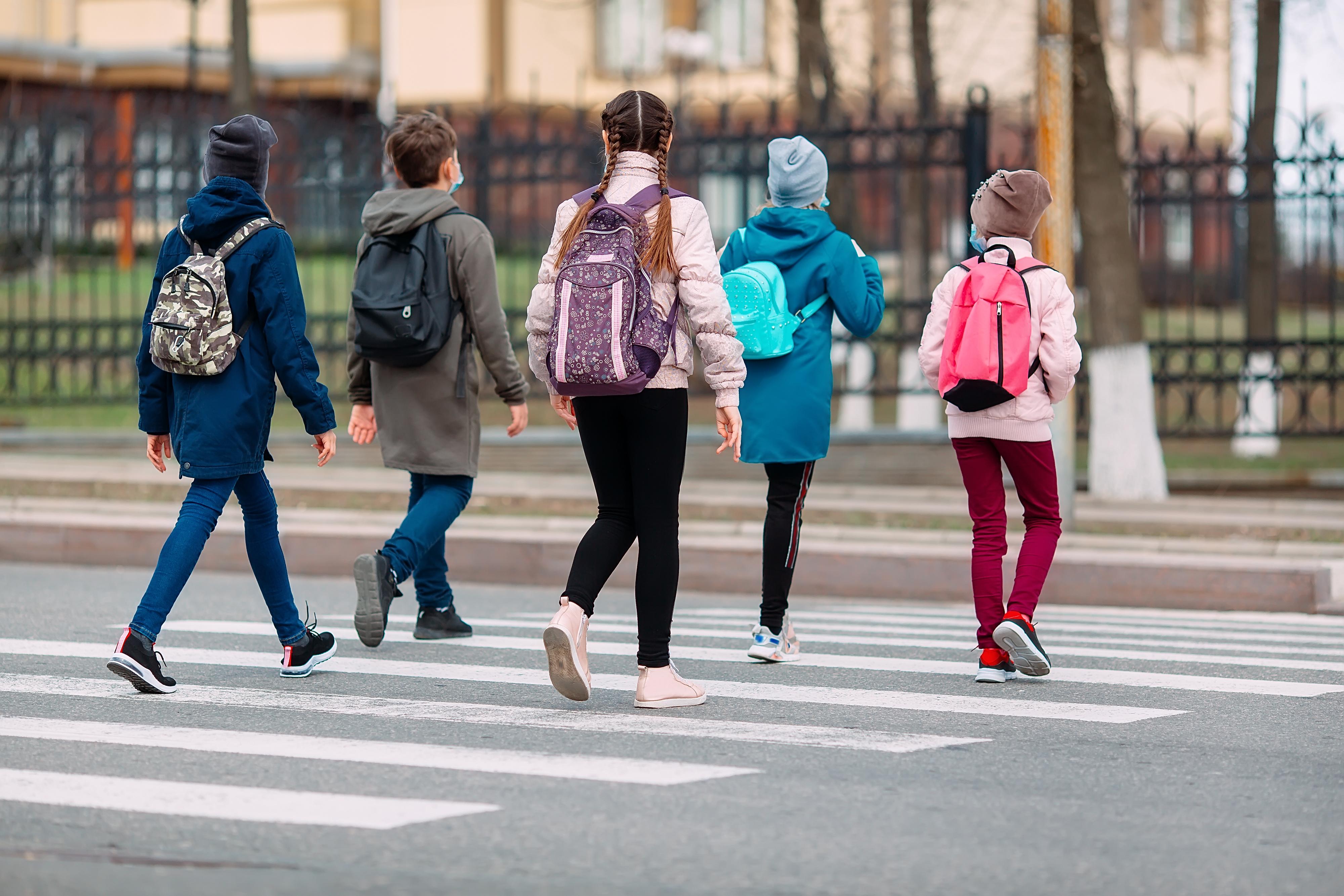
Just Transitions on Indian Streets (JusTIS) is a collaborative research project that explores how Indian cities can respond to climate change in ways that are fair and inclusive for street-based workers. These workers—such as street vendors, platform workers, and informal transport operators—play a vital role in everyday urban life but are often excluded from decisions that shape the cities they help sustain. As India undertakes major urban and climate transitions, the project seeks to centre the voices, experiences, and knowledge of these workers in planning for more equitable and sustainable urban futures.
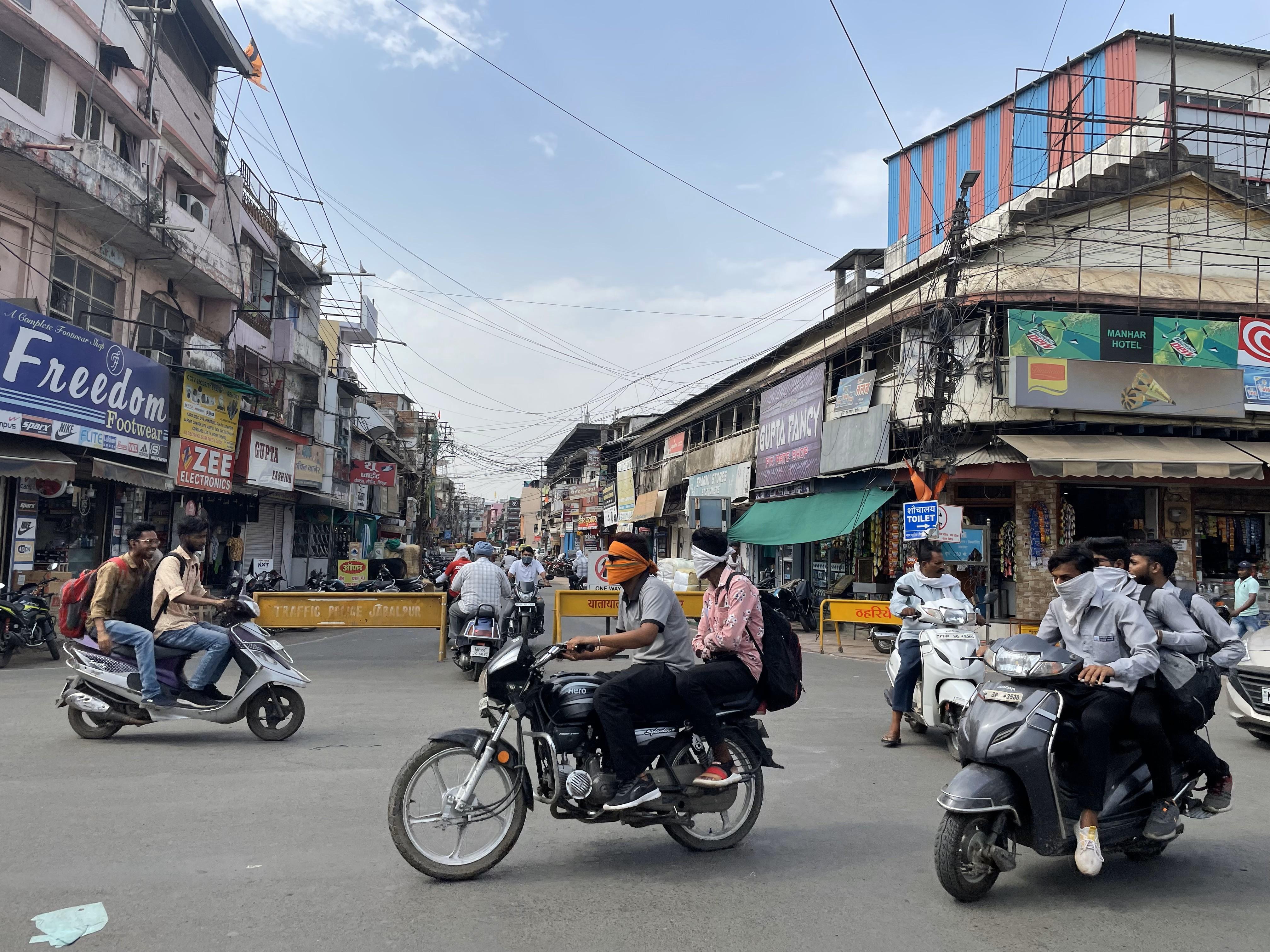
Recognising the specific lived experiences of low-income recently arrived women migrants in Bogota, Colombia, the project consortium will co-create navigation tools that are available to all and are easy to interpret, moving away from the traditional God’s eye perspective offered by transport specialists. The project is particularly invested in co-creating such tools for both public transport and walking which make up most of the trips low-income recent migrant women take.
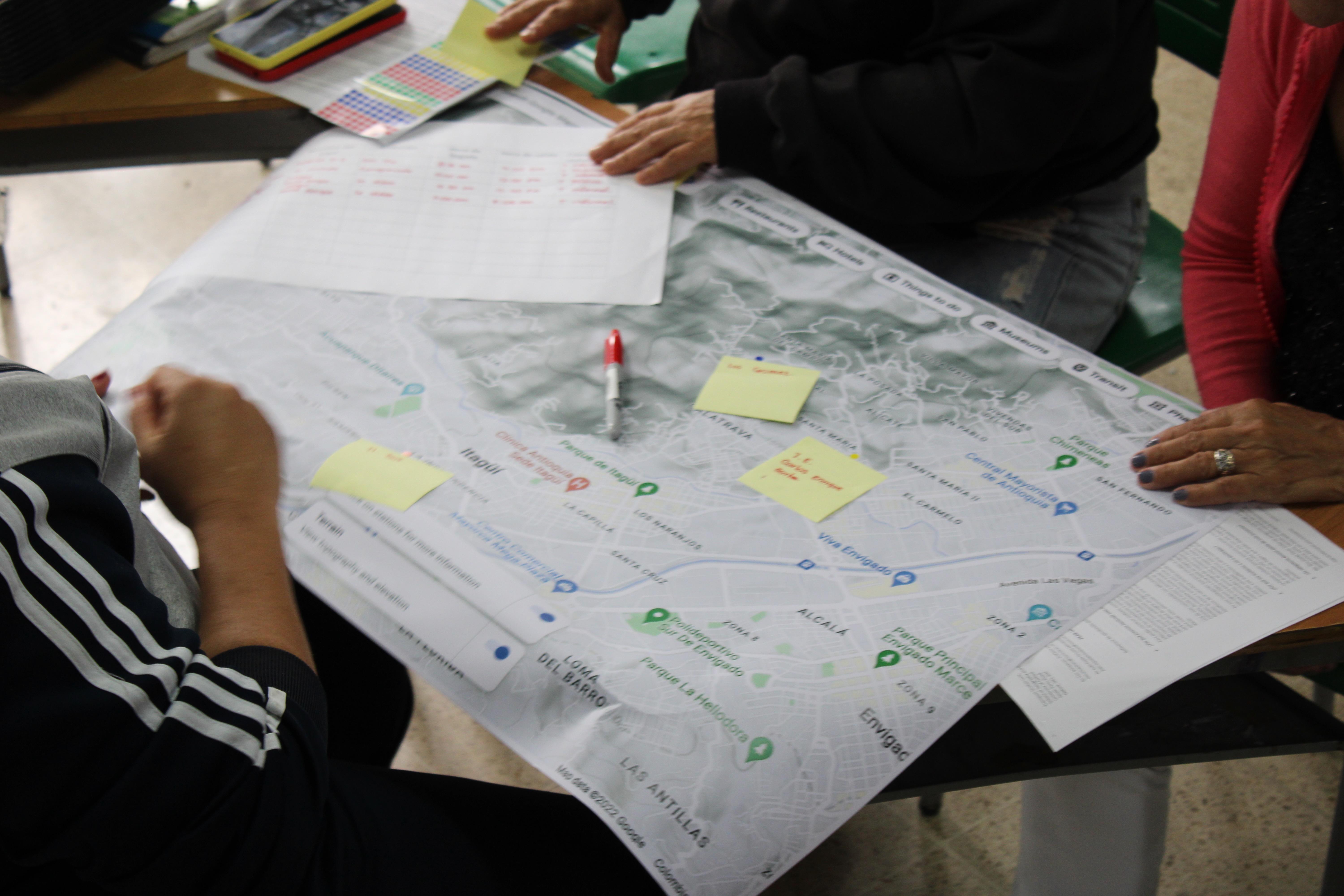
SEMiTaSS aims to research how electric vehicle (EV) sharing can become a successful sustainable mobility option in rural towns and villages.
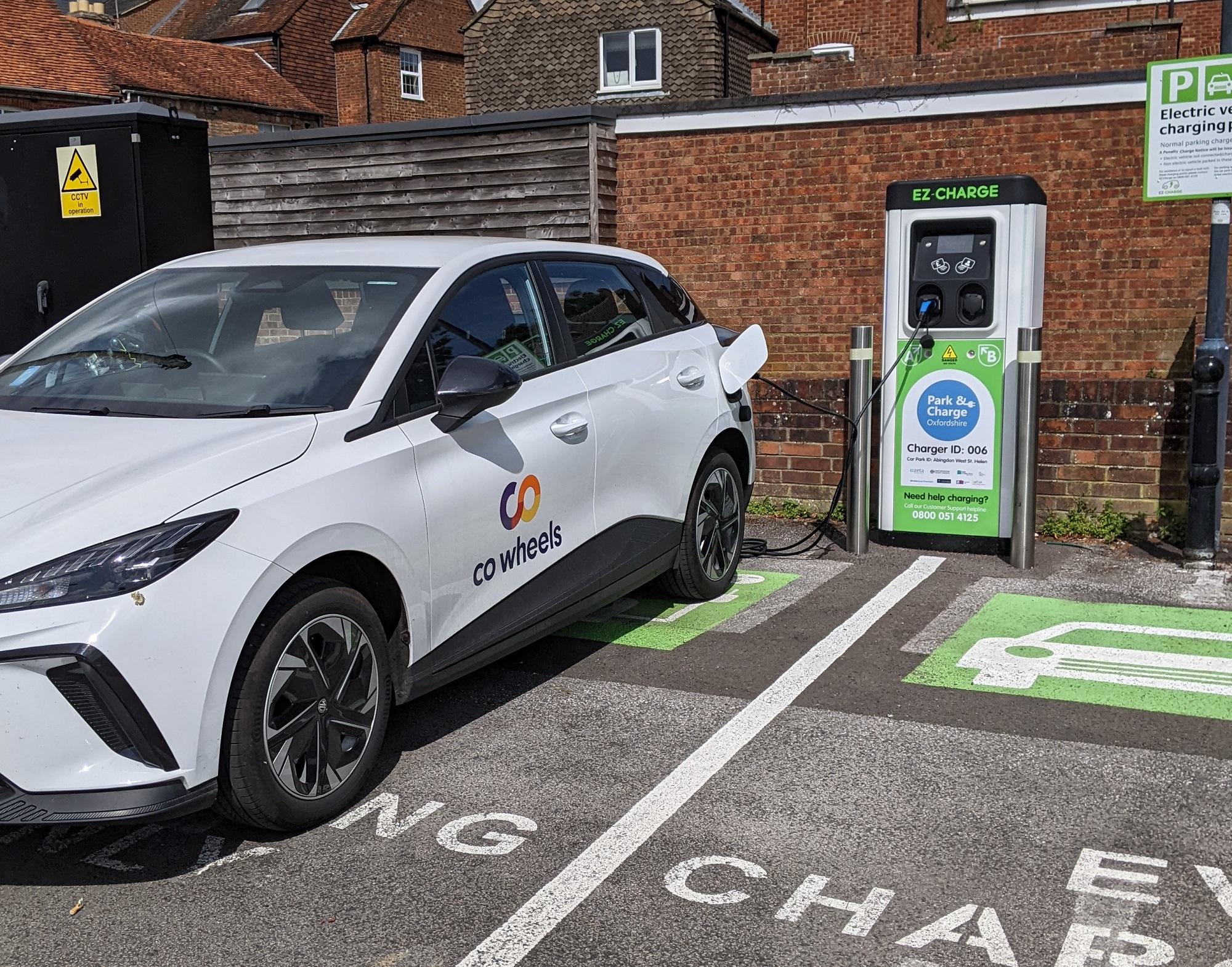
This project seeks to understand the frictions, risks, and experiences of women cross-border commuters. From a legal sociology perspective, it analyses the gap between legal standards and their daily implementation, identifying how this gap impacts vulnerabilities during their commutes.
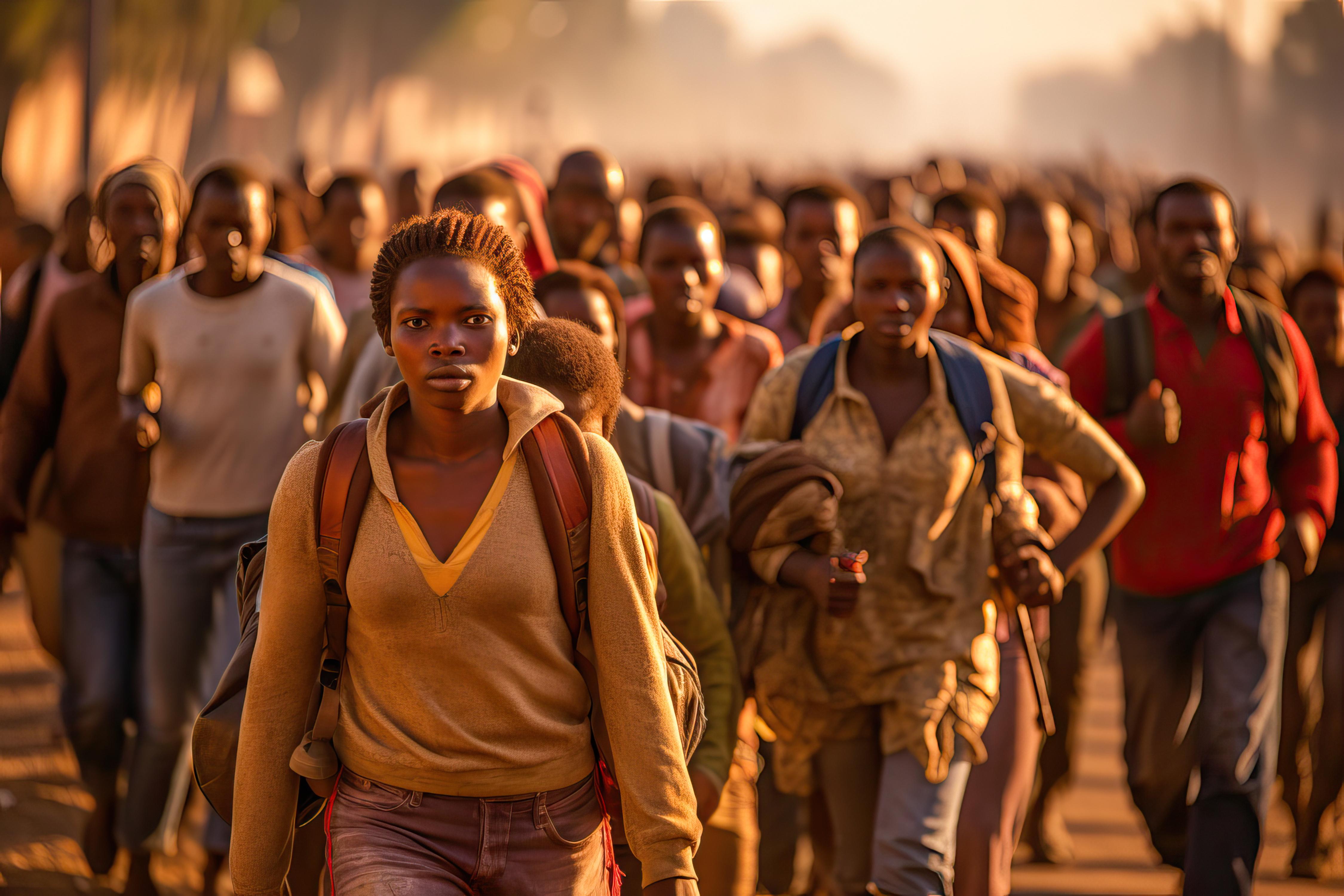
The care on the move project funded by ESRC focuses on children with non-visible disabilities. At least 1.5 million children in England have special educational needs (SEN), with the most common type of need involving a non-visible disability (GOV.UK, 2022) yet there is no academic research that has specifically examined their everyday mobility needs and experiences.
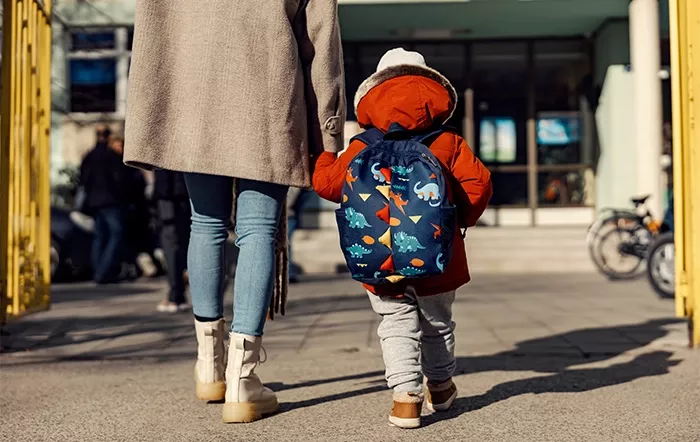
The Specifying Practices Enabled by Cycling In FIfteen-minute Cities (SPECIFIC) project funded by ESRC aims to combine social practice theory, thinking on socio-spatial justice and urban development, and transdisciplinary action research to co-create a tool to facilitate successful implementation of the 15MC concept in context-sensitive ways in low-density, peripheral settings in small and medium-sized cities in Europe.

The main objective of Climate Mobility, Onward Precarity and Urban Environment (CEMENT) is to generate new empirical evidence to assess the importance of climate change in the mobility decisions made by 10 farming families across two different villages in Ethiopia.
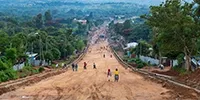
Past research projects
With the growing concern regarding the decarbonization of the transport, travel behaviour research has been constantly emphasizing the importance of analysing transport disruptions and subsequent individual traveller responses. Voluntary or involuntary, planned or unplanned, travel disruptions change stable mobility habits and preferences and increase attentiveness to alternative solutions (e.g., teleworking) and transport modes, hence, a higher probability of a conscious (re)consideration of current travel behaviour and a change is expected. From a policy planning perspective, moments of disruption are highly valuable as they open up a "window of opportunity" for introducing and encouraging the use of sustainable transportation alternatives and for promoting health and environmental concerns.

The transition to electric mobility will have significant impacts on energy infrastructure systems. On the other hand, urban development plays a crucial role in determining where the need may arise for electric vehicles (EVs) and their charging infrastructure. Yet to date, the interaction and dependency of energy infrastructure and urban development, alongside the impacts of EV policies, within different institutional contexts remain insufficiently explored.

It is estimated that seniors will make up approximately one fifth of the UK population by 2030. Promoting the wellbeing of this growing ageing population is a pressing contemporary issue, and a key factor relating to older adults' quality of life is their mobility. Not only is mobility a basic human need associated with independence, health, and wellbeing, but it is also important for older adults wishing to "age in place": to remain living in their homes or their communities with some level of independence, rather than in residential care. To successfully age in place, older adults need to remain mobile to stay active, to access desired people and places, to meet their daily needs, and to participate in social life.
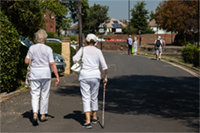
European cities' attempts to accelerate the transition to electric mobility (EM) are generating environmental benefits and enhancing economic viability. Unclear is how socially just these attempts and their outcomes are in terms of who benefits (distribution), whose needs are considered (recognition), and who gets to decide and how (procedure).

This is a public engagement project centred around a virtual exhibition (available at www.NotWorkingFromHome.org) which documents the everyday lives and everyday mobilities of key workers who have not been able to work from home during the Covid-19 pandemic.

Transport affordability is often understood in purely economic terms, as the mismatch between high transport prices and low incomes. But experiences of being unable to afford transport can be much more complex, and incorporate different social practices, changing technologies, and political and business decisions. Examples include a passenger not having the exact fare for a bus journey, or a rail commuter being unable to buy a season ticket and relying on expensive day fares. During 2021 and 2022, the project New theoretical and methodological approaches to transport unaffordability, led by Dr Anna Plyushteva, will examine this expanded notion of transport unaffordability.
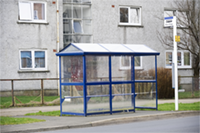
Transport appraisal practices are often criticised for poorly accounting for the unequal ways in which the costs and benefits associated with transport schemes are distributed. Often, the barriers which prevent individuals and groups from benefiting from new transport services, are poorly understood and addressed.

Transport services are increasingly booked through smart phones, yet travellers are often unaware of the impacts that changes in technologies have for operators and how they shape the city. This project engages with citizens of Bengaluru, India, and further afield by producing and disseminating a short documentary film that traces the day-to-day lived experiences of auto rickshaw drivers who form a key component of Indian mobility systems.
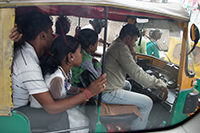
The FAIR (Fuel and trAnsport poverty In the UK’s energy tRansition) project will examine the intersections between fuel and transport poverty, and low carbon energy transitions, in the UK. Fuel poverty has been defined as the inability to secure materially- and socially-necessitated energy services, such as heating a home or using appliances. Transport poverty is the enforced lack of mobility services necessary for participation in society, resulting from the inaccessibility, unaffordability or unavailability of transport.

Advances in vehicle connectivity and autonomy have increased speculation around the future of the car. Dominated by techno-economic views, these debates currently tend to overemphasise the scale, speed and benefits of a shift to connected and autonomous vehicles (CAVs). 'Non-technical' factors (e.g., costs, regulatory frameworks, public acceptance) are typically seen as presenting the main barriers to deployment. Such accounts fail to recognise how cultural, institutional and everyday practices will shape CAV developments.
